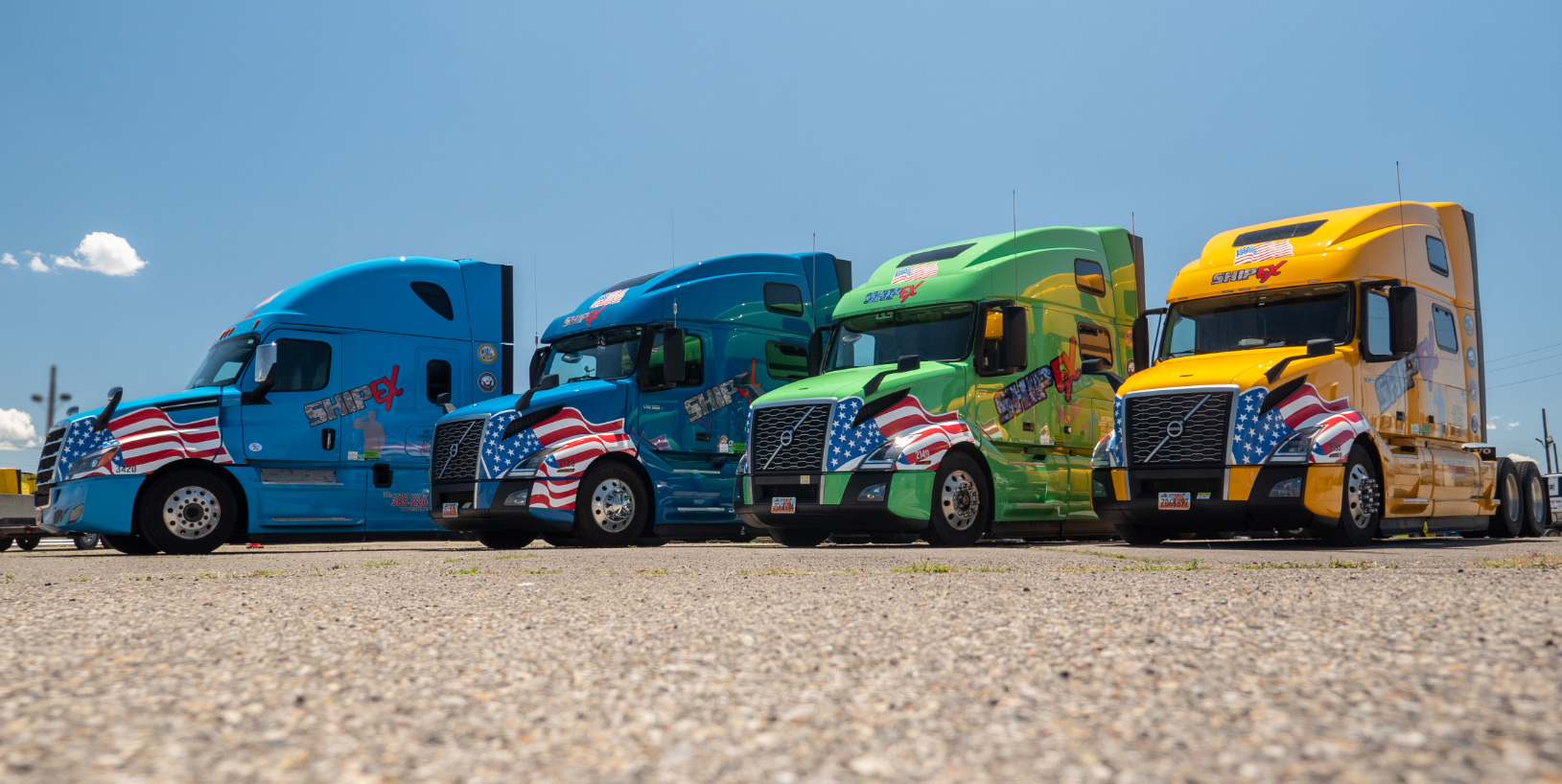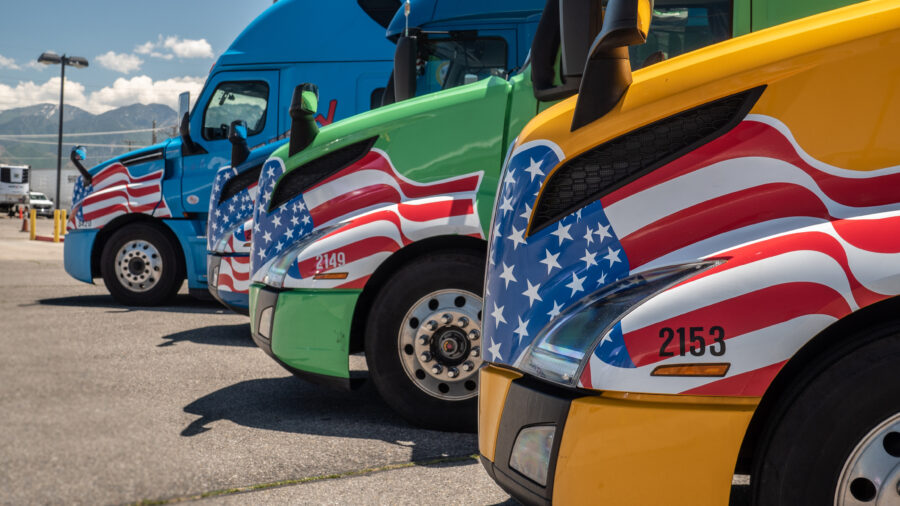Veterans learn a lot of valuable skills during their time in one of the 6 branches of the military. Many of those skills translate very well into the civilian workforce, which makes veterans highly sought-after employees. It’s not surprising that veterans excel in a variety of different fields, including transportation. We interviewed a few of our many veteran drivers to see which skills they thought translated best. Although they had drastically different experiences and listed many valuable traits, these are the four skills they all mentioned.
Efficiency
This was the most common skill our drivers mentioned. Transportation is an industry that has a ton of moving parts, all of which are delicately held together by precision timing and a complicated schedule. In order to succeed, you have to be efficient. Not just with your time, but in many areas. This requires a lot of planning and forethought. Good drivers don’t just map out a basic route when they do their trip planning, they anticipate obstacles that might pop up and weigh different outcomes, so they don’t get caught off guard.
This type of meticulous approach is something most veterans are already accustomed to, because in a combat setting the stakes are very high. Efficiency also applies to communication. The ability to communicate exactly what you need in a clear and concise manner is crucial. Drivers engage with many different people over the course of their day, from their driver manager to a shipper or a DOT officer. Navigating those interactions well requires very efficient communication.

Professionalism
This was also a very common answer. This one goes a long way in our industry. Even though they are not always in a professional setting, drivers represent a company when they are interacting with a customer’s shippers and receivers – they are acting as an ambassador for their company. So they must be able to carry themselves in a professional manner, no matter who they encounter. This again includes the way they communicate.
We understand that the job is very stressful, and sometimes the people drivers encounter do not conduct themselves in a very professional manner, which is why the ability to remain composed is so valuable. Most veterans are very used to strict rules surrounding etiquette and are able to separate themselves from a situation and not take things personally. This can make the difference between escalating a situation or diffusing it.
Attitude
This is a big one. In an industry that is so inconsistent, where things rarely go according to plan, a bad attitude can make a driver’s job much more difficult. A positive attitude is a bonus, but a neutral, accepting one is really key. If a driver dwells on the negative and gets hung up on things that didn’t work out, it will eventually color their entire outlook and they will begin to look for negativity in all situations.
A bad attitude can also impact a driver’s ability to react and adapt to unforeseen circumstances. On the surface, this may not seem like a skill, but most people who have an accepting, neutral outlook will tell you that they worked at it. Veterans are typically good at letting go of negative events because they are used to stressful environments. They are trained to look at situations objectively, in order to break them down and identify the best course of action. They tend to focus on the best way to get the job done.
Teamwork
Trucking might seem like an individual endeavor but being a team player is a big part of the job. Not only do drivers move the freight, but they are also the eyes and ears for the rest of the operation. Sure, there are plenty of tools, like GPS, that help the operations side keep track of what is going on, but they are no substitute for what a driver witnesses firsthand. A driver that is willing to openly communicate with their DM and collaborate to overcome obstacles is truly a valuable asset.
This applies to other drivers in the fleet as well. If a driver is a team player and willing to assist others with their knowledge, advice, and experience, it will strengthen the entire fleet. Veterans are accustomed to working in tight-nit teams and putting the goals of the whole above the individual.
Conclusion
Veterans learn a lot of valuable skills during their military service, but according to some of our drivers, these are the most valuable for the transportation industry. We proudly employ many of our nation’s heroes. If you have these skills and others, and are interested in working for a company that recognizes and values them, check out ShipEX.



